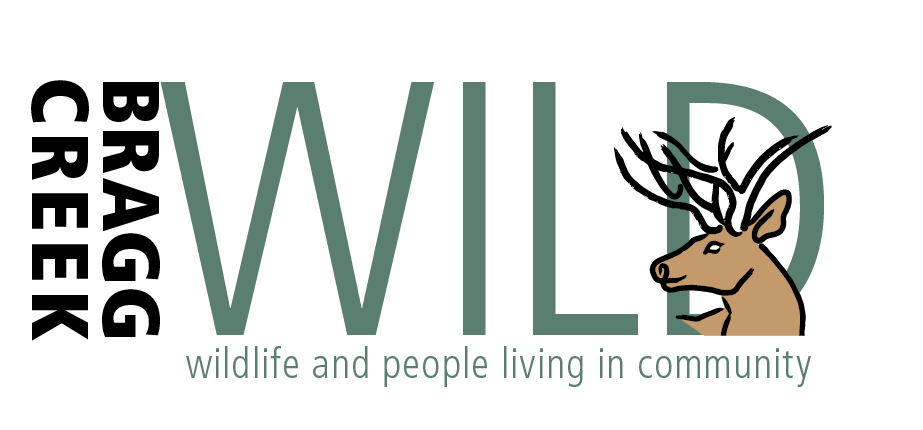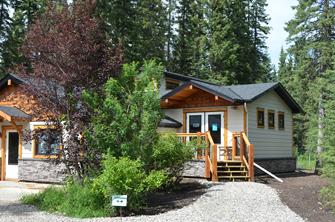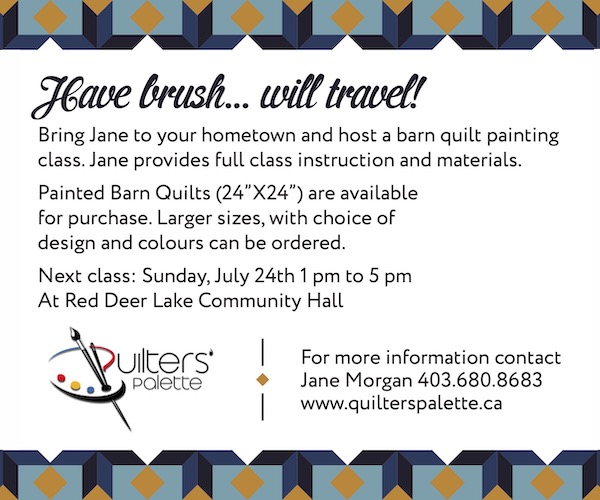How to Support Our Avian Friends: Practical Steps for Bird Conservation
The delightful presence of sparrows and other feathered neighbors adds joy to our lives in ways few other wild creatures can. Their melodic chirps, their curious antics and variable colorations bring tranquility and wonder to our surroundings. Yet, beyond mere entertainment to humans, birds play essential roles in maintaining ecological balance and biodiversity.
Birds contribute to pest control by preying on insects like spruce budworms and mosquitoes. They are also effective pollinators and disperse seeds through digestion. Additionally, scavenger birds such as crows help clean up the environment, while apex predators like eagles and hawks help in regulating the food chain.
Most importantly, however, the current reality for birds is grim, with human activities affecting their populations. Recent data from Physorg.com – a research- based organization – reveals a staggering decline of approximately 2.9 billion birds since 1970; a loss of more than one in every four birds. Habitat loss due to agricultural intensification, urbanization, declining safe migratory routes and climate change are the primary causes of bird mortality. Alarmingly, in Canada, household cats claim an average of 196 million bird lives annually. This is followed by other lethal human-caused hazards like power lines (25.6 million deaths yearly), houses (22.4 million), vehicles (13.8 million), hunting (4.7 million), agricultural pesticides (2.7 million) and buildings (2.5 million) – as evidenced by Environment Canada and Canadian Geographic.
While these statistics are shocking, there are practical steps we can take to mitigate human impacts on bird populations:
Keep Cats Indoors: Keeping cats indoors or under close supervision when outside can significantly reduce bird fatalities while also protecting the cats from wild predators.
Reduce Pesticide and Fertilizer Use: Minimize or eliminate the use of artificial pesticides and fertilizers, as these chemicals can harm birds when ingested through contaminated bugs and plants.
Ensure Window Safety: Make windows visible to birds by utilizing visual markers on window surfaces to prevent collisions. Install bird feeders away from windows to minimize accidents.
Turn Off Unnecessary Lights: Dimming lights in the evening and turning them off when not in use reduces window glare and decreases the likelihood of bird-window collisions, while also contributing to dark sky initiatives that support the needs of our other wild neighbors.
Maintain Wild Spaces Around Your Property: Preserve undeveloped areas on your property with native vegetation to provide much-needed shelter and food sources for birds.
Participate in Citizen Research Projects: Contributing to bird research projects is fun! Collecting data helps in scientific efforts to mitigate bird mortality and supports broader conservation efforts.
Visit the “Be Wild Smart” page on our website for more comprehensive guidance on coexisting with our avian friends and minimizing their mortality.
By adopting these simple yet effective practices, we can all play a part in safeguarding the well-being of our fine feathered friends and preserving the beauty of our natural world.
Sources: Canada Environment and Natural Resources, Canadian Geographic, Physorg website.
Bragg Creek Wild – www.braggcreekwild.ca braggcreekwild@gmail.com – 403-200-9961
People and wildlife living in community


























